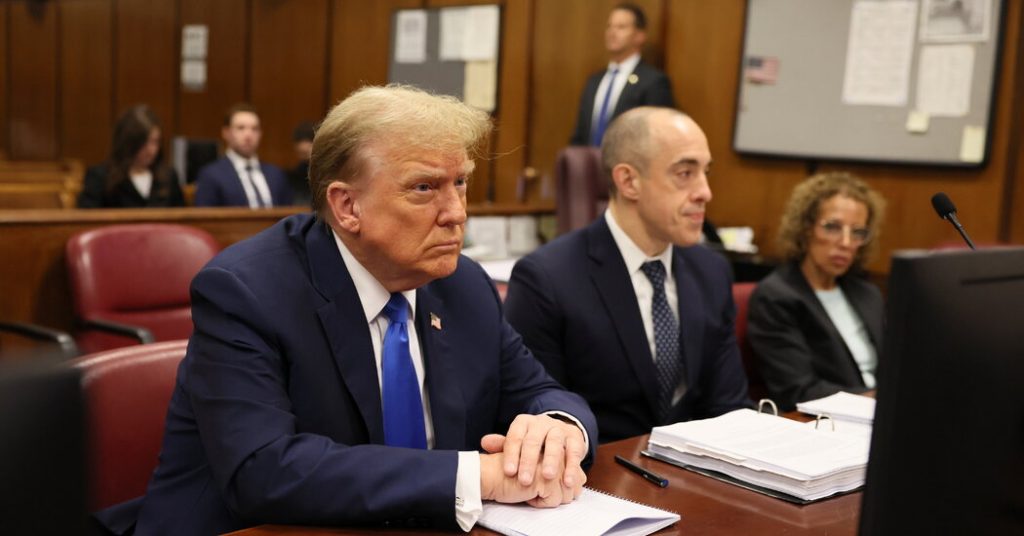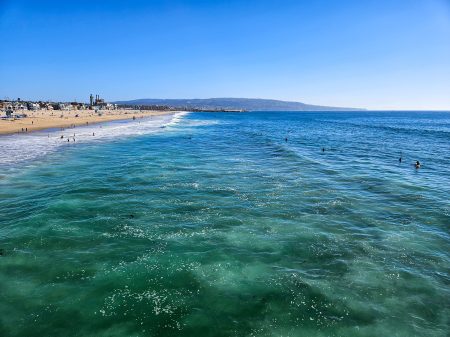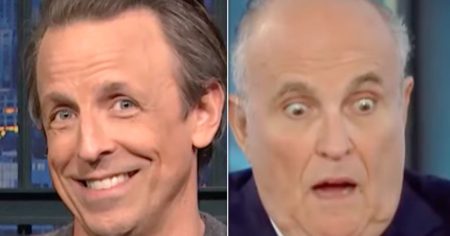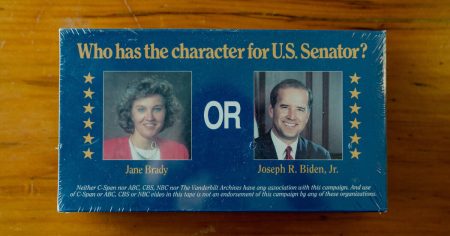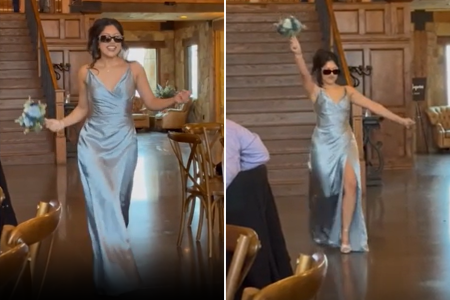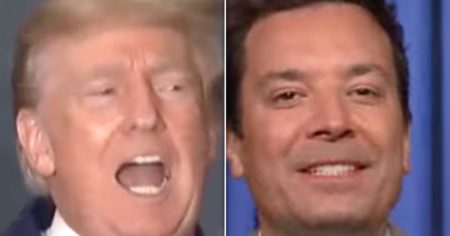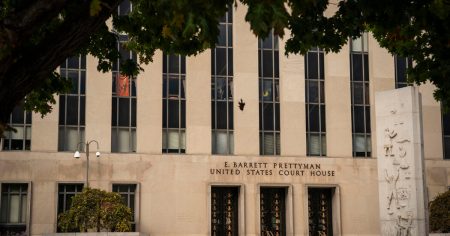A historic moment unfolded as a jury of 12 New Yorkers was selected to decide the fate of former president Donald J. Trump, who faces charges related to a sex scandal cover-up. If convicted, Trump could face up to four years in prison, while simultaneously aiming to secure the Republican nomination for the presidency. The jury selection process was both routine and unprecedented, as the former president challenges the justice system that he once presided over. The jurors, a mix of men and women from diverse backgrounds, were sworn in with the task of rendering a fair and impartial verdict, with opening arguments expected to begin soon.
The composition of the jury, along with their security, is critical in this high-profile case. Trump has argued that he cannot receive a fair trial in a Democratic-leaning county where he is unpopular, although some jurors acknowledged his contributions to the country. The final 12 jurors were a diverse group of Manhattan residents, varying in race, gender, age, and profession. An alternate juror was also selected, with plans to finalize the jury by choosing five more alternates. The pressure of serving on such a panel was evident when two jurors were excused on the first day, highlighting the intense scrutiny and responsibility faced by those on the jury.
The judge overseeing the trial has emphasized the importance of maintaining order and fairness throughout the proceedings. Trump’s behavior, including comments about jurors and social media attacks, have raised concerns about potential intimidation and contempt of court. The prosecution has accused Trump of violating a gag order multiple times, leading to requests for penalties against him. Despite these challenges, the judge aims to ensure a fair trial for both sides, cautioning Trump and his allies against influencing the jury or undermining the legal process.
Prospective jurors were questioned about their political affiliations, media consumption, and opinions on Trump to assess their impartiality. Some potential jurors expressed concerns about their ability to remain fair, citing personal biases or prior interactions with Trump’s associates. The defense and prosecution exercised their right to challenge jurors who displayed potential bias or unfavorable opinions of Trump. The selection process continued with replacements vetted in a drafty courtroom, where even Trump acknowledged the chilly conditions. The complexity and uniqueness of this trial are evident in the meticulous jury selection process and the challenges faced by both sides.
As the trial progresses, the focus shifts to the jury’s deliberation and the impact of their decision on the political and legal landscapes. The jury represents a microcosm of American society, tasked with determining the fate of a former president who has polarized the nation. The outcome of this trial could have far-reaching implications, shaping the future of American democracy and setting precedents for future cases involving high-profile individuals. The gravity of this moment is underscored by the diversity and responsibility of the jurors, who must navigate complex legal arguments and political dynamics to reach a just verdict. Ultimately, the jury’s decision will not only impact Trump’s future but also the credibility and integrity of the American justice system.





